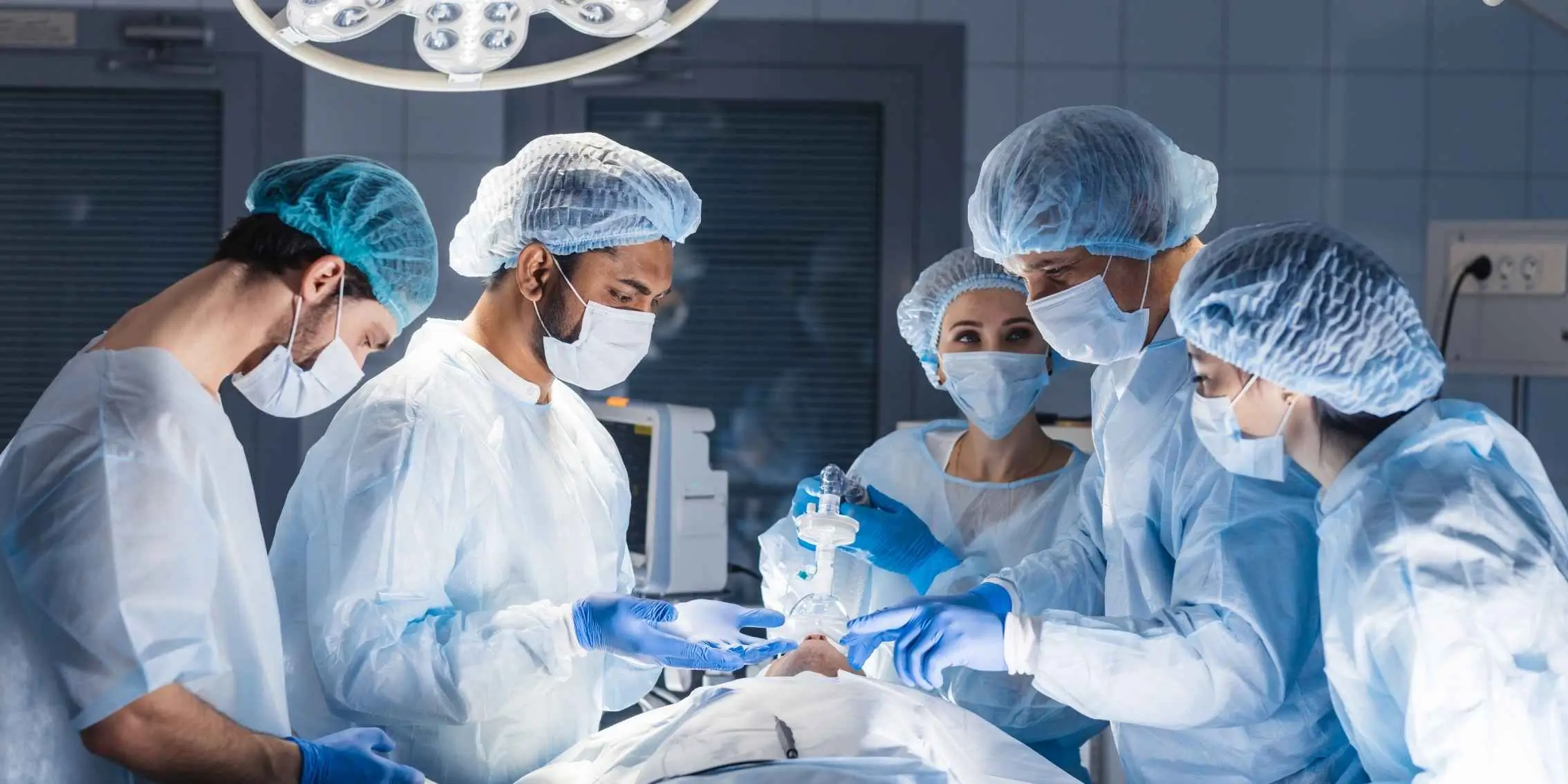Whether you're recovering from training, injury, or surgery, it's natural to look for additional support. Could peptides be the solution? These short-chain amino acids offer remarkable potential to accelerate your body's healing processes, boost muscle recovery, and aid in rehabilitation.
This article takes an evidence-based approach, exploring the mechanisms behind these powerful compounds. Read on to discover the best ways to use peptides for recovery and how to bounce back stronger and faster.
In short…
By combining the latest peptide research with established nutrition and health expertise, you can guide yourself or others toward comprehensive, long-term recovery.
Peptides are short chains of amino acids (2 to 100 long) joined by peptide bonds, making them much smaller than proteins (usually over 100 amino acids). This compact size allows them to act as highly specific messengers, performing targeted functions for healing and recovery.
While the body produces over 7,000 unique peptides, you can boost peptide levels with a diet containing eggs, milk, meat, fish, beans, and soy, or with targeted supplements and medications.
These common types deliver some of the most sought-after benefits of peptides.
Though peptide names might seem confusing, they follow a simple logic. Letters typically indicate their source or function, and numbers denote their specific amino acid sequence.
We've explored what peptides are. Now, let's dive into the science behind these molecules and the role of peptides in rehabilitation.

Peptides play a crucial role in tissue repair, mainly by stimulating collagen production, which is essential for wound healing and skin regeneration.
Considered one of the best peptides for injury healing, BPC-157 is a synthetic peptide known for its restorative effects. Here’s how it works to repair tissue.
In a 2019 study, BPC-157 was found to significantly increase growth hormone in tendon tissue (up to a sevenfold rise by day three), a crucial factor for tissue regeneration.

Peptides significantly aid muscle regeneration and repair after exercise by stimulating Insulin-like Growth Factor 1 (IGF-1). This hormone is crucial for activating new muscle cells and helping damaged tissue to repair and strengthen.
Evidence shows this in action. A 12-week study with 55 men found that 15g daily collagen peptides led to significantly faster recovery of maximum strength and explosive power after muscle-damaging exercise. This highlights the benefit of peptides for muscle recovery and supporting structural rebuilding.
Excessive inflammation can be a significant challenge to healing after surgery or injury. Peptides like Thymosin Beta-4 (Tβ4) reduce inflammation by improving blood flow and nutrient delivery to damaged tissues.
Here’s how peptides for recovery like Tβ4 can relieve inflammation:
You've learned the science. Now discover how peptides become your body's secret weapon for healing after surgery, training or injury.

For athletes and gym-goers, the following peptides can help you recover from
training by supporting muscle repair, reducing soreness, and even boosting
energy levels.
For injuries like sprains, strains, or fractures, these peptides have the potential to speed up healing, promote tissue regeneration, and reduce pain and swelling.

The following peptides for recovery could significantly enhance
post-surgical healing, helping to
minimise
scarring and restore function.
Ready to unlock the power of peptides for your recovery? It's about creating a smart, personalised strategy, blending a science-based approach with healthy habits.
When considering peptide therapy for recovery, here’s what to keep in mind:
Peptides are becoming a game-changer for accelerating recovery. These smart, versatile molecules act as your body's precision tools, actively repairing tissues, calming inflammation, and regenerating muscle for a targeted path to healing.
While peptides for recovery have a bright future, with ongoing research into new treatments and delivery, we believe nothing replaces personalised professional care combined with time-tested recovery methods like physical therapy, quality sleep, and in-depth nutritional insights.
At The Nutrition Institute, our Diploma of Nutrition is based around 12 expert-written modules and optional advanced topics, like Sports Nutrition and Plant-Based Health. You’ll gain practical tools to support yourself or coach others, with access to online workshops, real-life nutrition scenarios, and support from qualified tutors.
Download your free prospectus to explore the full curriculum and discover how you can start building your future in nutrition today.

Tutor at The Nutrition Institute
At The Nutrition Institute, our nutrition tutors provide clear, practical insights to help you make informed choices for lasting balance. Learning from experts like Certified Nutritionist Kim Malcolm, head tutor and author of our Nutrition course, will help you understand the role of peptides and other nutrition basics as keys to improving your well-being.
Published: